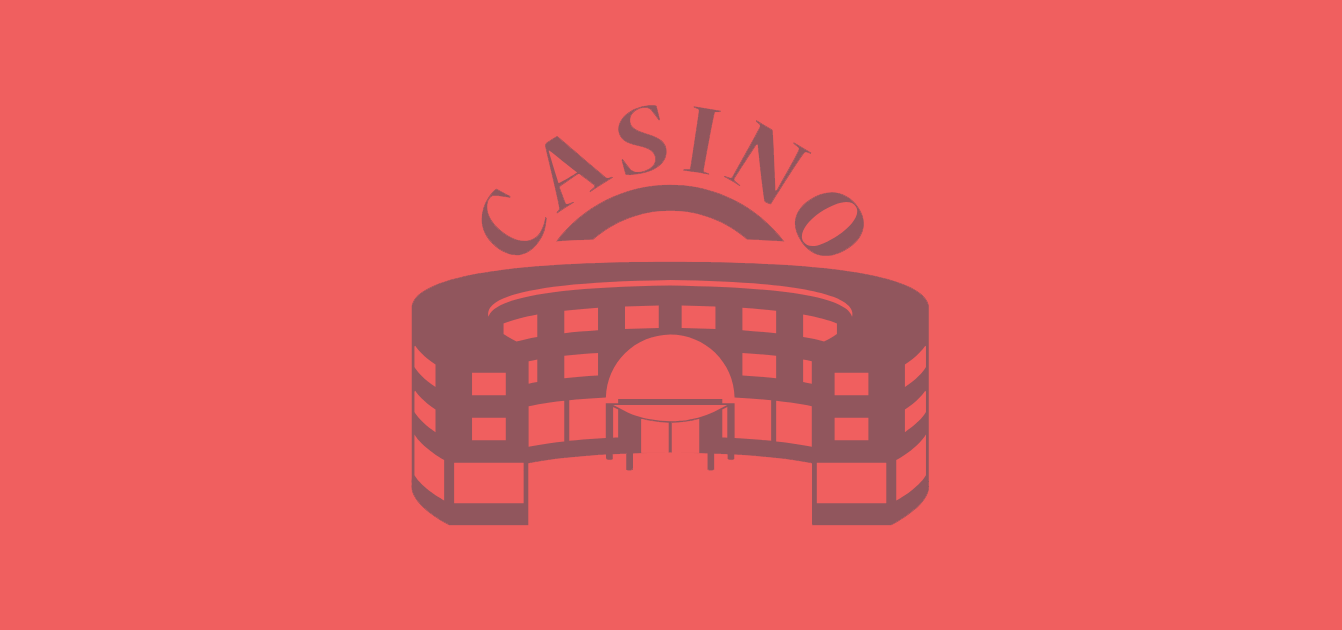Banning Gambling Pros And Cons
Gambling in itself is not a bad thing. Some people gamble for fun, while others do it to earn. These are professional gamblers who join tournaments in different places. Whatever type of gambler you are, you are playing a game of luck using a little skill for the chance to tow in a lot of money. But along with the chance to make it big, is the chance to lose as much (and sometimes more). So is gambling right for you? Here are the pros and cons of gambling.
- Banning Gambling Pros And Cons Articles
- Banning Gambling Pros And Cons List
- Banning Gambling Pros And Cons 2020
- Banning Gambling Pros And Cons 2019
Of all the pros and cons of gambling, there is one thing everyone fears, and for a good reason. One of the major disadvantages of gambling is the addiction you could develop. Sure, winning and having fun is great, but it has to have a limit. Gambling can take many forms, ranging from traditional and online casino play and poker tournaments to playing bingo and betting on the ponies. Regardless of your personal definition of gambling, read on to learn the pros and cons of legalized gambling. Positive Aspects of Legalized Gambling. The gambling question: pros and cons. 26, 2012 timer 4 min. Update Article was updated Feb. As the debate over a casino ramps up, gaming experts and researchers say the. Live Gambling Pros & Cons Let’s start with the live gambling pros and cons. Below you’ll find – in no particular order – a staggered list of pros and cons based on our experiences traveling to Las Vegas – sometimes for as long as 1 week at a time.
Gambling Pros

Gambling is a fun-filled social activity. Elderly people love to go to a casino and other gambling places to have fun. When played in good and dignified sportsmanship, gambling can be a highly enjoyable recreational activity. The thrill of winning is something so exciting and exhilarating!
- Regular gamblers meet together to have fun. Being with friends make winning so much fun and losing … Well, at least you know there are people boosting you up in case you lose. It is because of the fun and excitement that people keep coming back for more.
- Casinos and gambling establishments provide work. The growing number of casinos popping up every now and then means more employment opportunities for people looking for work.
- Gambling in casinos brings revenue. The best casinos out there make great tourist spots, as if Las Vegas isn’t proof enough. Visitors like to try out the local casino and other gambling venues just to know if they are lucky while in town. Because of this, there is a greater influx of income for both the casino and the community.
Gambling Cons
Excessive gambling can become a serious problem. Many people find themselves financially depleted because of gambling addiction. Couples separate because one or both partners take gambling too seriously, and pay heavy prices for their addiction.
This addiction, popularly known as problem gambling, is the main reason why gambling is put by many in such bad light. Another reason why gambling is getting a negative image is the fact that it is associated with money laundering and organized crime.

A number of communities, particularly the religious sector, has a deep dislike for gambling because of the associated cons. However if one looks past the prejudice and see gambling for what it is, it is easy to see that the pros and cons of gambling are ultimately dependent on the player. It is just like alcohol. Although drinking alcohol is not necessarily a bad thing, but having too much to drink becomes bad.
At the end of the day, the pros and cons of gambling and its effect is defined by the player’s control over his gambling habits.
Banning Gambling Pros And Cons Articles
Debate Digest: Teacher-student friendships on Facebook, Law school, Balanced budget amendment, US debt ceiling deal.
From Debatepedia
[] [] Is gambling generally bad for society? Should it be severely restricted? |

Banning Gambling Pros And Cons List

[Edit] Background and contextGambling is the betting of money on an outcome that is wholly or largely random. It includes things like bingo, roulette, raffles, lotteries, scratch-cards and slot machines. Some definitions of gambling would not include activities like betting on horse racing – although this arguably involves a large element of knowledge and skill to predict what is likely to happen. Card games are a grey area. Some card games, such as poker, have a considerable element of skill. It is therefore arguable that they should not be considered gambling. Other card games are largely a matter of luck. The precise legal definition of gambling varies from country to country. Most countries regulate gambling. For example, it is often necessary to have a licence to run a lottery or a casino. There is also usually a minimum age for gambling. Gambling is illegal in some jurisdictions, including several states of the USA and many Islamic countries. In contrast, some governments try to use gambling as a force for good. Many states run lotteries – the profits are used to pay for public services. In the USA Native American nations control their own affairs and often profit by being able to run casinos on reservations, attracting gamblers from surrounding states where gambling is banned. At the time of writing (August 2006), the British government was liberalizing gambling laws. It hopes to use casinos to create employment in disadvantaged areas. The arguments presented below mostly concern gambling in general. However, much current controversy relates to internet gambling. This form of gambling is covered in the last argument on either side. Several states of the USA have banned internet gambling. However, it has proved very hard to stop people using websites based in other countries. |
|
Banning Gambling Pros And Cons 2020

Banning Gambling Pros And Cons 2019
[] [] Individual effects: Is gambling generally harmful to the individual gambler? | |
[] Yes
| [] NoContention that the general individual losses from gambling are justified by it being a fun and leisurely activity worth 'paying' for: Gamblers know that, overall, they are likely to lose money. They gamble because it is a leisure pursuit that they enjoy. There is nothing irrational about this. Some people get an enjoyable thrill from the remote possibility that they might win a huge prize – even if they lose, they enjoy the experience. Some forms of gambling are highly sociable. For example, many people go to bingo halls to spend time with friends. Society accepts people spending (“wasting”?) money on other leisure pursuits with no material benefits (e.g. cinema tickets, watching sport) – gambling should not be any different. It is patronizing to suggest that people, including those on low incomes, should not be able to choose how they spend their money.
|
[Edit] [] [] Crime effects: Does gambling cause an increase in various kinds of related criminal activities? | |
[] Yes
| [] No
|
[Edit] [] [] Bad industry? Are casinos an industry with bad merit? Is nothing of value produced by casinos? | |
[] Yes
| [] No
|
[Edit] [] [] Addiction: Is gambling commonly addictive, and would this be a reason for regulating it? | |
[] Yes
| [] No
|
[Edit] [] [] Economic harm? Do casinos casinos cause economic harm or provide very few economic benefits? | |
[] Yes
| [] No
|
[Edit] [] [] Social welfare effects: Are the charitable generations from gambling substantial, and can this go toward justifying their existence? | |
[] Yes
| [] No
|
[Edit] [] [] Should online gambling be banned? | |
[Edit] Yes
| [Edit] No
|
See also[Edit] External links and resourcesBooks:
| |